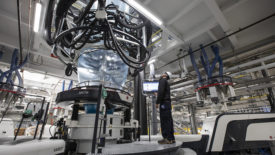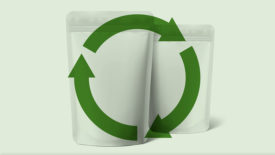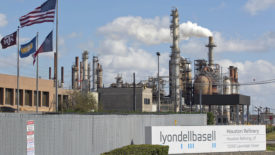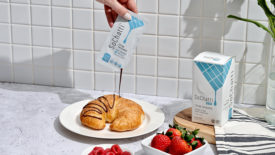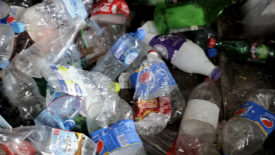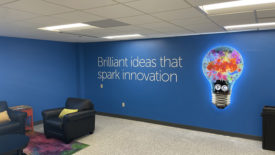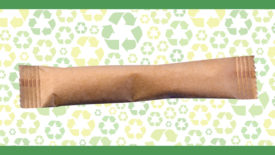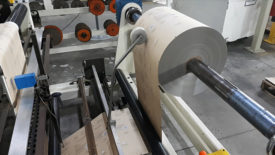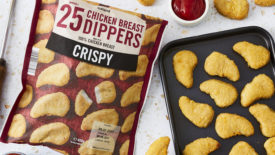ARTICLES
Industry Trends
Market activity remains hot as Hybrid Software acquires software technology to accelerate packaging design and a new recycling facility for flexible packaging materials aims to be operational by 2023 in Minnesota.
Read More
Circularity In Packaging
Striving for Circularity in Packaging
Allison Lin, global VP of Packaging Sustainability at Mars, sits down with Flexible Packaging to discuss how executive leadership is vital to creating a circular economy throughout the packaging industry.
July 13, 2022
Industry Trends
New PE Resin from Exxon-Mobil Targets e-Commerce and LyondellBasell Look to Scale Circularity
In 2022, oil and gas companies are moving quickly to consolidate long-term growth strategies around circularity and advanced recycling in both Europe and North America. Plus, industry stakeholders in the mechanical recycling segment begin to draw lines.
June 9, 2022
Case Study
SoChatti Chocolate Creates Unique Product Experience with High-Barrier Pouch
Chocolate products are typically considered hazardous to fulfillment centers during summer months, but a combination of a proprietary process and a pouch is just one way that this chocolate is unique.
June 8, 2022
Recycling Themes
Recycled Content is King for Brands and Takes Center Stage in 2022
May 20, 2022
Hands-On Learning
Research Centers Cater to Brands and Converters Looking for a Pathway to Circularity
Spring has sprung, and many printing and converting companies are opening research centers, design centers and full-service test labs to help brands find their pathway to circularity.
May 18, 2022
Circular Packaging
Designing for Circularity in Flexible Packaging Developments and New Pilot Programs
Colgate-Palmolive unleashes a new toothpaste pilot program that pushes for more recycling support within the flexible packaging and recycling industries, and how a resurgence of mechanical recycling from industry associations may be in the offing for 2022.
April 8, 2022
Upscale Packaging
Modern Meets Rustic for Elevation Charcuterie
Elevation Charcuterie is in full-blown expansion mode as the company keeps adding new varieties to its product line of rustic salami, Mole Salami and Calabrese Salami, to name just a few. Due to this growth, the company decided to move to die-cut rollstock and flow wrapping machines to optimize packaging production and reduce costs.
March 8, 2022
Industry Trends
Iceland’s Paper-Meets-Plastic Flexible Pillow Pouches
UK-based supermarket chain, Iceland, announces a new paper-meets-plastic pillow pouch packaging for its line of frozen chicken breast dippers. Plus, more industry news on paper-based flexible packaging.
March 3, 2022
Industry Trends
Mars Adopts Circular Resin for Retort Package and Private Label Leadership
Mars Petcare uses a new polypropylene-based resin from SABIC for its Sheba retort pet food package, and private labels keep leading with sustainable packaging material via UK’s supermajor, Tesco.
February 9, 2022
Keep the info flowing with our eNewsletters!
Get the latest industry updates tailored your way.
JOIN TODAY!Copyright ©2025. All Rights Reserved BNP Media.
Design, CMS, Hosting & Web Development :: ePublishing

